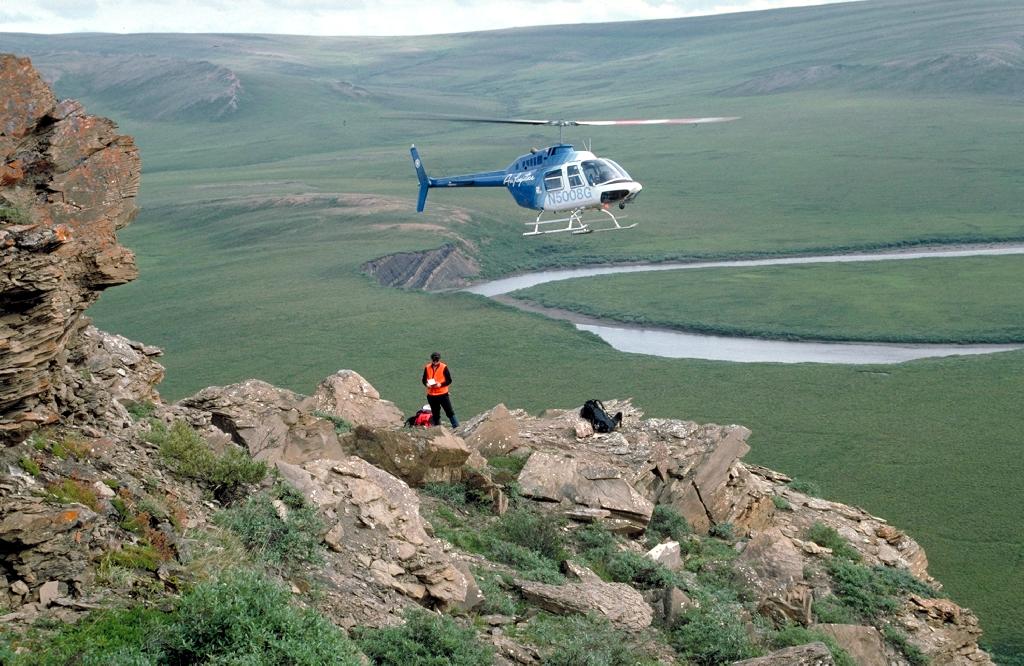What is a geologist?

What is a Geologist: Geologists are scientists who study the Earth: its history, nature, materials, and processes. There are many types of geologists: environmental geologists, who study human impact on the Earth system; and economic geologists, who explore and develop Earth’s resources, are just two examples. There are also engineering geologists, geomorphologists, geophysicists, mineralogists, geochemists, glacial geologists, structural geologists, petroleum geologists, petrologists, sedimentologists, hydrogeologists, and more. A career in geology offers a broad scope to anyone interested in the Earth and how it works.
If I want to study or have a career in geology, what classes should I take in middle or high school?
Take as many Earth science, biology, chemistry, physics, mathematics, and computer science courses as you can. English is also important since scientists need to write clearly and communicate their findings to others on a regular basis. You might also find it helpful to take a course in public speaking. Find out what after-school organizations your school has that can help you with a career as a geoscientist, such as Science Clubs and Geology Clubs. Also, consider doing a geology-focused project for your local science fair and look for summer experiences in geology at nearby colleges and universities.
At the university level, what courses should I take?
To become a geologist, college students need to follow the course of study recommended by the geology departments in their colleges and universities. While these vary, most schools of higher education require that their students take (in addition to their general education requirements) an array of courses in geoscience, mathematics, life, and physical sciences, plus courses that prepare students for their specialty areas. Field experiences are also common parts of the education of a geologist in most concentrations.
What are the educational requirements for becoming a professional geologist?
In addition to a bachelor’s degree, most jobs in the geology field require a graduate degree. As in any profession, the best jobs go to the most qualified applicants. Students contemplating a professional career in geology should consider getting an advanced degree. A Ph.D. is needed for advancement in college teaching and in most high-level research positions.
Where do geologists work?
Jobs in geology are found in government agencies, private companies, and non-profit and academic institutions. Government agencies hire geologists to investigate, plan, and evaluate excavations, construction sites, natural disaster preparedness, and natural resources. Private companies hire geologists to help locate natural resources (minerals, oil, and natural gas), evaluate environmental impact, and comply with government regulations, among many other tasks. Geologists who prefer an academic career usually work, either as educators, researchers, or both, in middle or high schools, colleges, universities, and museums.
Where can I find more information on geology?
- Geoscience Careers: www.earthscienceworld.org/careers/index.html
- BLM Career Cards: www.blm.gov/education/scouts/jobs/geologist.html
- Careers in Earth Science (NASA): Kids.earth.nasa.gov/archive/career/geologist.html
- Become a Geophysicist … A What? (USGS): earthquake.usgs.gov/4kids/become.html
- Geoscience Salary Information (AGI): www.americangeosciences.org/workforce/currents
The article was originally published here.


Comments are closed.